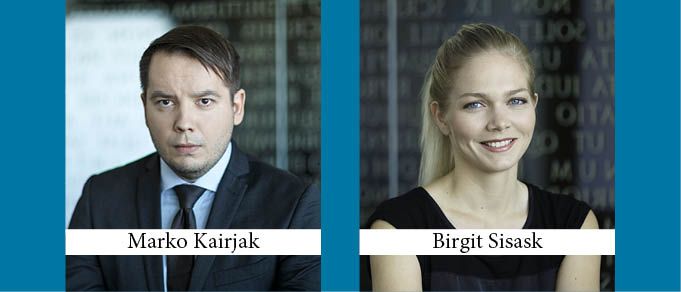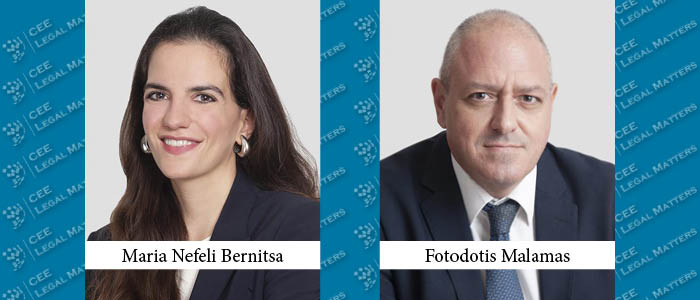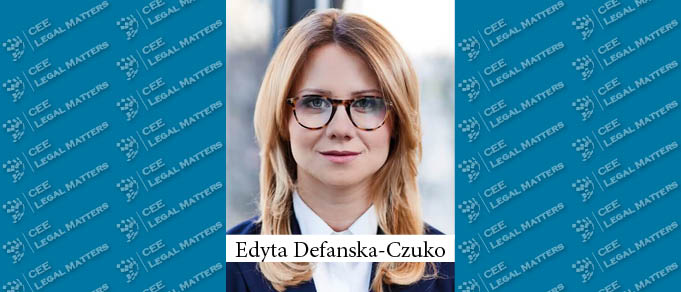Foreign investors willing to invest in Turkey and Turkish companies listed on foreign stock exchanges or which have a business relationship with foreign companies are under the obligation to comply with high-level international compliance requirements. As a result, these investors and Turkish companies are required to implement compliance programs which assist them and their employees to conduct transactions and actions in conformity with ethical principles, legislation, and regulatory provisions.
Latvia’s Fight Against Corruption
Latvia is gradually improving its score in the corruption perception index. According to the international anti-corruption organization Transparency International, Latvia took 44th place in the corruption perception index in 2016, with 57 out of 100 points – after scoring 55 in both 2015 and 2014 (it scored 53 points in 2013 and 49 in 2012). This represents Latvia’s best score so far, and it appears to be a sign that tolerance of corruption in our country is continuing to decrease. By contrast, Lithuania fell from 34th place in 2015 to 38th place in 2016 (with 59 points in 2016, compared to 61 in 2015), and Estonia moved up to 22nd in 2016 from 23rd the year before, though it had the same 70-point score both years.
FCPA and UK Anti-Money Laundering Act Compliance in Estonia
According to TRACE Matrix 2016 results, Estonia is the third least corruption prone country in the world, minimizing the risk of liability under anti-corruption regulations. To date, there is no case law under FCPA rules concerning Estonia. Nevertheless, the legal framework set by the FCPA gives rise to theoretical problems of definition which may hinder its enforcement.
Slaying Corruption – Or How Romania is Fighting Its Biggest Enemy
Since Romania’s accession to the European Union in 2007, the European Commission has set up a Cooperation and Verification Mechanism (CVM) in order to monitor, among other strategic points, the progress of Romania’s fight against corruption.
Cybercrime: The Road Begins
Each year hundreds of billions of dollars are lost by companies due to cybercrimes committed by criminals. These attacks vary from sophisticated hacking to primitive fraud attempts.
Anti-Money Laundering and Counter Financing of Terrorism Policy in Slovenia
Recent developments in the ongoing investigation into money transactions coming from Iran through one of the largest Slovenian banks have raised awareness about anti-money laundering and financing of terrorism rules in Slovenia.
Whistleblowing in the Czech Republic
Despite recommendations by international organizations, Czech legislation on whistleblowers is fragmentary and does not offer a complex legal regulation of the phenomenon, or even a definition of the term. The current protection of whistleblowers – i.e., employees or former employees of an organization who inform competent institutions of illegal or unethical practices in that organization – is only dealt with in the Czech Act on Banks, Act on Savings and Credit Co-operatives, Capital Market Undertakings Act, and Civil Service Act (or, more precisely, in the Government Decree implementing the Civil Service Act). Some vague protection of whistleblowers is also provided by the general provisions of the Labor Code and other regulations, which, however, do not specifically address the protection of whistleblowers as such. Currently, two acts are being discussed in the Czech Parliament aimed at providing higher labor-law protection of whistleblowers in both the private and public sectors.
































